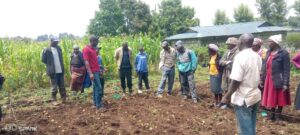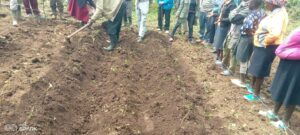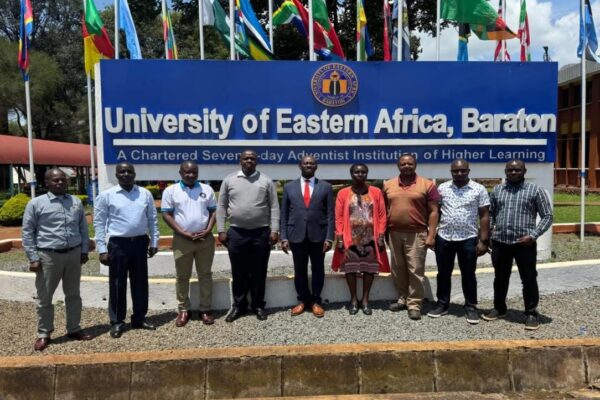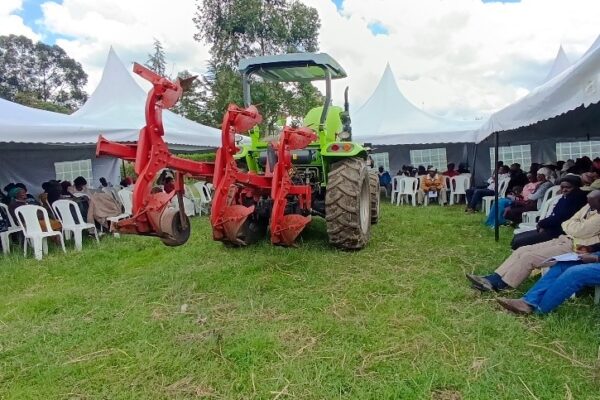Ensuring food security and agricultural prosperity across Africa requires accurate, timely, and harmonized data on food production, consumption, and trade. The Regional Food Balance Sheet (RFBS) an innovative digital platform developed through partnerships among the African Union Commission (AUC), COMESA, EAC, IGAD, and key development partners plays a vital role in bridging this gap. It provides a centralized, evidence-based system for tracking food availability, demand, and trade flows across member states, supporting informed decision-making for both governments and agribusinesses.
At its core, the RFBS aggregates National data on production, imports, exports, and consumption of key staple commodities such as maize, rice, wheat, sorghum, and pulses. By integrating this information regionally, the system identifies surpluses and deficits across countries, helping predict potential food shortages, price trends, and trade opportunities. This transparency enables COMESA countries to shift from reactive to proactive planning in managing food supply and trade.
For governments, the RFBS serves as an essential planning and policy formulation tool. It enhances early warning systems, supports evidence-based import and export policies, and informs targeted interventions such as strategic grain reserves or subsidies. Policymakers can use the data to coordinate regional responses to droughts, pests, or market disruptions, strengthening food resilience and regional integration.
For farmers, cooperatives, and agribusinesses, the RFBS provides valuable market intelligence. Access to real-time data on regional supply and demand allows producers to align production with market needs, reduce post-harvest losses, and seize new cross-border trade opportunities. Processors and traders can identify deficit areas and plan logistics more efficiently, while financial institutions can use the data to better assess agricultural investment risks.
To fully benefit, COMESA member states need to enhance data quality, promote data sharing, and sensitize stakeholders at all levels, from ministries and research institutions to farmer organizations, on how to interpret and use RFBS insights. Capacity building, especially in digital data management, is key to ensuring sustainability and accuracy.
Ultimately, the Regional Food Balance Sheet is more than a data platform; it is a strategic enabler of food security, agribusiness competitiveness, and regional trade efficiency. By embracing and actively using it, COMESA countries can build a more resilient, market-driven, and food-secure region, turning information into empowerment for millions across the continent.
Access the RFBS platform here:
Digital Regional Food Balance Sheet – COMESA
IMPORTANCE OF FARMERS GROUP WORK
In modern day mode of farming, agriculture has become not only the backbone of the society but the oxygen upon which lives thrives. Farming encompasses both human being and their domesticated animals. Since the era of agrarian revolution, that was majorly triggered by populace increase, farming technologies and researches have immensely sprung up resulting to colossal food and animal production.
However, majorly of small scale farmers still lag behind in terms of production as they lack the requisite skills necessary in modern day farming. In order to be up to date with innovation, farmers have been encouraged to form and join farmers’ groups for easier dissemination of information and trainings by the experts.
Through group work, farmers have access to new farming skills and technologies i.e. surface planting of tubers in potato farming, drip irrigation. Farmers are trained on market intelligence and linkages, they also gain bargain power resulting from mass production. Farmers group are able to secure agro inputs and other resources at low cost as compared to one individual farmer purchase. They group also act as hub for NGOs who facilitate various course in farming.
Those groups also provide a learning and info sharing ground among the farmers. They assist farmers in voicing up as one. Trainers and experts i.e. agronomist and agricultural officers access farmers easily through these groups. Importance of farmers groups and organization is highly underscored in this era of technology and innovations.
The following photos shows a group of farmers being trained.







